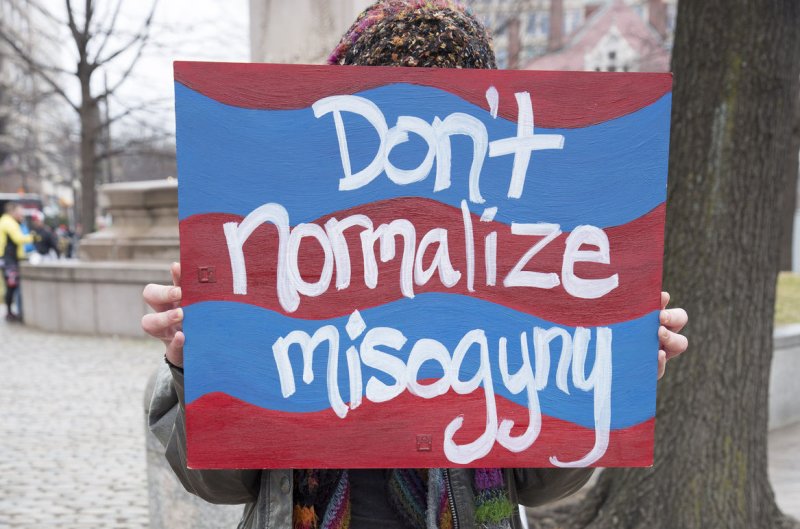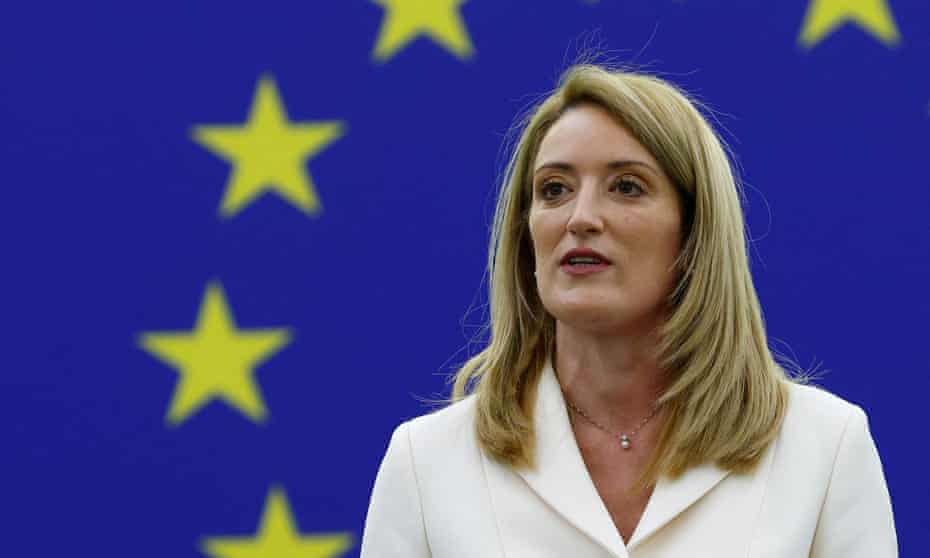Catharine Tunney
Doctors say an allegation out of Beijing that China's first Omicron case may be linked to mail received from Toronto should be treated with deep skepticism.
Chinese health authorities said earlier Monday that a case of Omicron in Beijing may have spread from a package received from Canada. They urged citizens to stop ordering parcels from abroad as the opening of the Winter Olympics approaches.
"I find this to be, let's say, an extraordinary view," Health Minister Jean-Yves Duclos told a news conference Monday.
"Certainly [it's] not in accordance with what we have done both internationally and domestically."
Pang Xinghuo, deputy director of the Beijing Centre for Disease Prevention and Control, said health officials "cannot rule out the possibility" that the patient was infected by goods from overseas carrying the virus.
The centre claims the package in question was routed through the U.S. before arriving in Hong Kong and then its final destination in Beijing.
But medical experts say the theory that such a shipment could spread the virus contradicts what recent studies say about COVID-19's ability to survive on surfaces.
"I don't think any of that's based on science," said Dr. Anna Banerji, an associate professor of pediatrics and infectious disease at the Dalla Lana School of Public Health.
She said the airborne Omicron variant "would never survive" on an envelope shipped across the world.
The Public Health Agency of Canada says the virus is primarily transmitted through the air.
"While mail may be contaminated, the risk of COVID-19 infection when handling paper mail or cardboard packages, including international mail, is extremely low," it said in an emailed statement.
"We know that the virus is most frequently transmitted when people are in close contact with others who are infected with the virus (either with or without symptoms)."
The U.S. Centers for Disease Control and Prevention say studies show an "inability to detect viable virus within minutes to hours" on porous surfaces, like paper.
An April 2020 study published in The Lancet journal concluded that "no infectious virus could be recovered from printing and tissue papers after a three-hour incubation."
Epidemiologist Dr. Donald Vinh, a professor with McGill University's division of experimental medicine, said the chance of such a package actually infecting someone is "very, very low."
"Is it believable or likely or probable that this has happened? And the answer is no," he said.
Olympics drawing near
China's claim comes as it tries to clamp down on cases ahead of the Winter Games, set to open in Beijing on Feb. 4.
The Chinese government has introduced strict pandemic control measures — including frequent lockdowns, universal masking and mass testing — in a bid to drive new transmissions to zero. On Monday, the country announced it won't be selling Olympics tickets to the general public due to concerns about the virus.
Colin Robertson, a former Canadian diplomat and now vice-president and fellow at the Canadian Global Affairs Institute, said he thinks China is getting an excuse ready in case there's an outbreak during the Olympics.
"If things were to go badly, then they can suggest it came from the outside and not from within China because they've made every effort to try and contain, taking a zero tolerance approach, completely shutting down cities up to now," he said.
Guy St-Jacques, a former Canadian ambassador to China, said he expects to see more finger-pointing if there are outbreaks during the Olympics.
"It is easy for China to blame Canada as there is no way to investigate the issue to say if it is true and if so, did the virus amount really constitute a threat?" he said.
"As China has more and more difficulty with its zero-COVID policy, it will blame foreigners for its predicament."

The claim about the Canadian parcel comes at a time of heightened tensions between Ottawa and Beijing following China's imprisonment of Michael Kovrig and Michael Spavor for nearly three years — an apparent act of retaliation for the RCMP's arrest of Huawei chief financial officer Meng Wanzhou on a U.S. extradition warrant.
Late last month, China's foreign ministry warned that Beijing's relations with Canada stand "at a crossroads."
Robertson said he thinks the Chinese government would like to open up the relationship again.
"But they're dealing with — in the case of Canada and most western countries — public opinion which has shifted dramatically over the last couple of years and is now highly suspicious of the Chinese, particularly around its human rights record," he said.
Conservative Leader Erin O'Toole called the news reports out of China "comical."
"Stories like this remind us that from the beginning of the pandemic, some of the news and reporting out of China could not be trusted," he said.
Omicron In China: China Postal Service Orders Disinfection Of All International Mailhttps://www.news18.com/news/world/omicron-in-china-china-postal-service-orders-disinfection-of-all-international-mail-4670441.html








